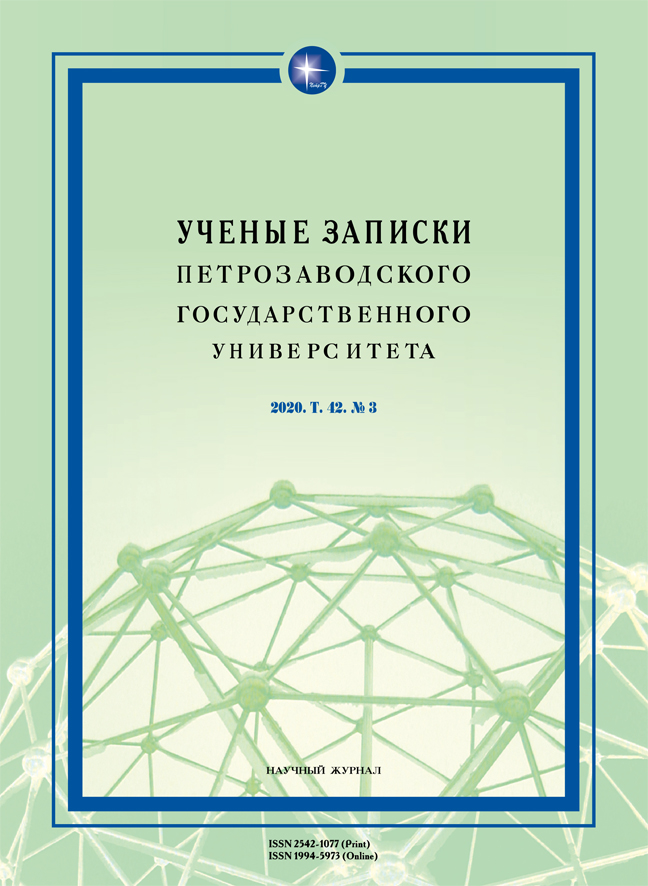«ГОСПОДЬ ПРИМИРЯЕТ СЕРДЦА КНЯЗЕЙ». ДВЕ ПАТРОЛОГИЧЕСКИЕ ТРАДИЦИИ В ТОЛКОВАНИИ И ПЕРЕВОДЕ СТИХА ИЗ КНИГИ ИОВА 12:24
“THE LORD RECONCILES THE HEARTS OF PRINCES”. TWO PATROLOGICAL TRADITIONS IN THE COMMENTARY AND TRANSLATION OF THE VERSE FROM JOB 12:24
Author(s): Alexey Mihailovich NadezhkinSubject(s): Biblical studies, Translation Studies
Published by: Петрозаводский государственный университет
Keywords: The Book of Job; patrology; exegetics; polysemy; biblical studies; translation problem;
Summary/Abstract: This study focuses on the translation of Job 12:24, which has several versions in various religious traditions. In the Masoretic Text it reads as follows: “He takes away the mind from the heads of the people of the earth and leaves them to wander in a desert where there is no way”, while in the text of the Septuagint it takes the following form: “He who changes the hearts of the rulers of the earth leaves them to wander on the way that they did not know.” The author of the article sees the reason for the discrepancy in the studied verse in that the Masoretic and Greek versions relied on different meanings of the Hebrew word “ רוס ” (sûr), as well as in that there are several literal translations of the verse from Greek into Slavic. The differences in the Greek version are explained by the polysemy of the word “διαλλασσων”,which led to discrepancies in the Latin texts. The emergence of variability in this verse entailed the development of several exegetical traditions, within which the interpreters tried to find a solution to this language problem. Two exegetical traditions are given in the article, one of which originates in the writings of Cyril of Jerusalem, who understands the Greek word “διαλλασσων” as “reconciling” and is supported by Rufin of Aquileia, Blessed Augustine, and partly St. Jerome.This article shows that St. Jerome held a special position and used both versions of the translation of the verse when working with the Book of Job. The second tradition of reading this text also belongs to St. Jerome. He translated the Book of Job from the Septuagint, and chose the direct meaning of the word “διαλλασσων” (“changing”) because of its proximity to the Hebrew text and the ability to interpret “changing the heart” as “depriving of reason”. The author of the article fi nds out that Gregory the Great and Prosper of Aquitaine also used the word “in mutat” (“changes”) to translate the Greek word “διαλλασσων”.
Journal: Ученые записки Петрозаводского государственного университета
- Issue Year: 42/2020
- Issue No: 3
- Page Range: 34-42
- Page Count: 9
- Language: Russian

